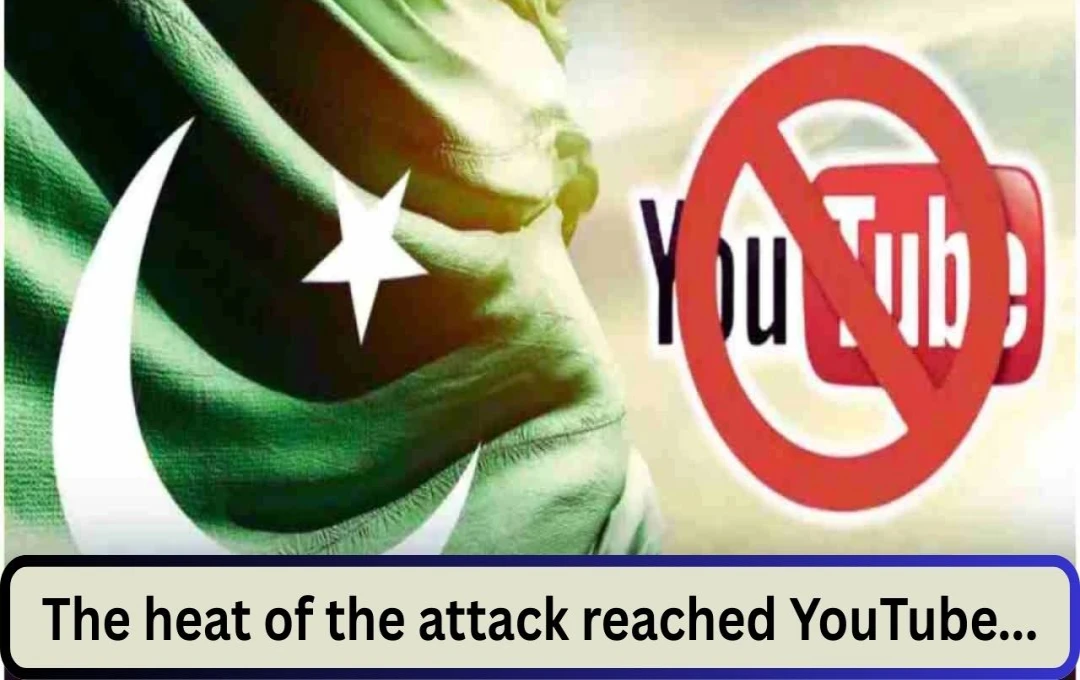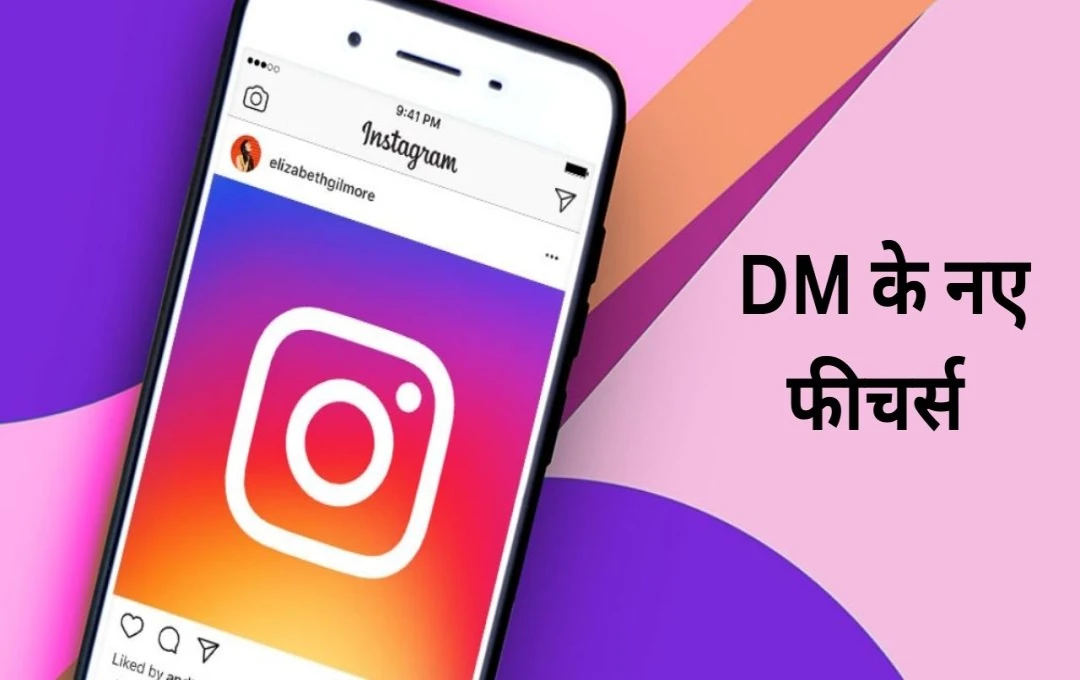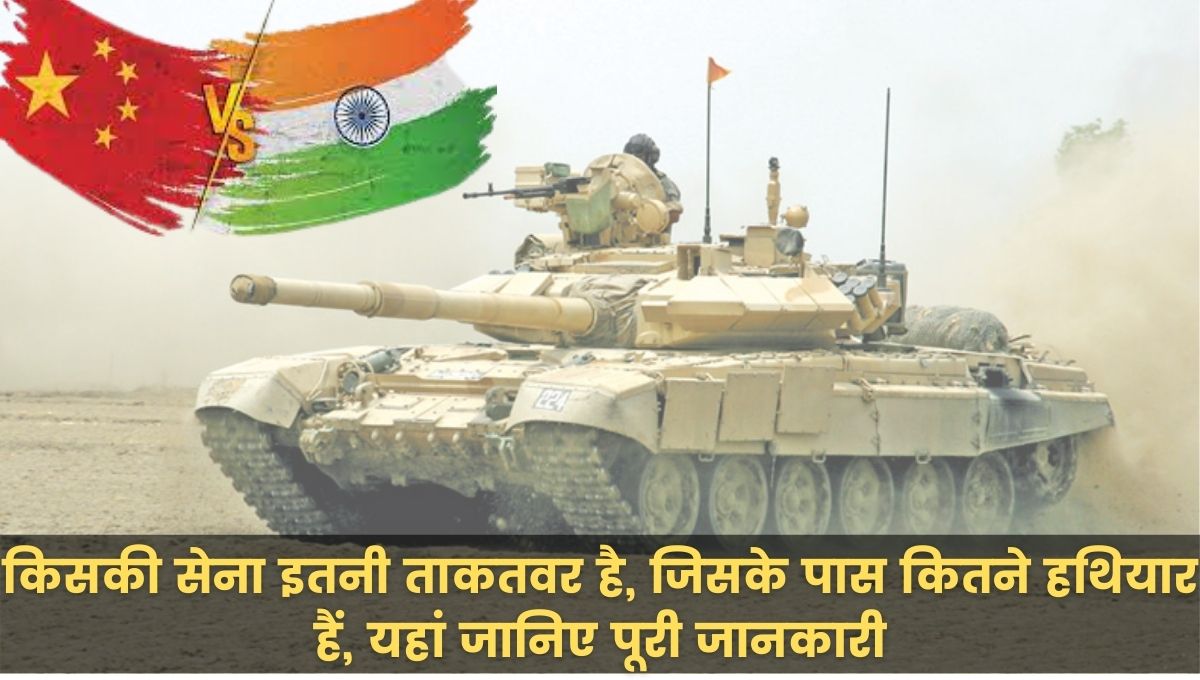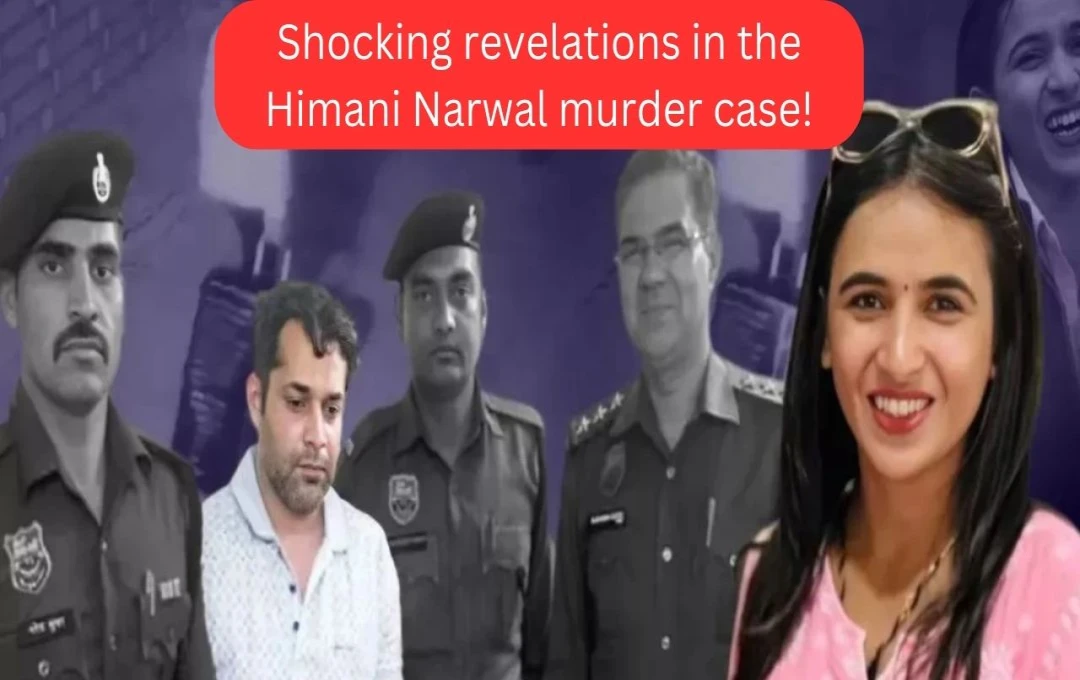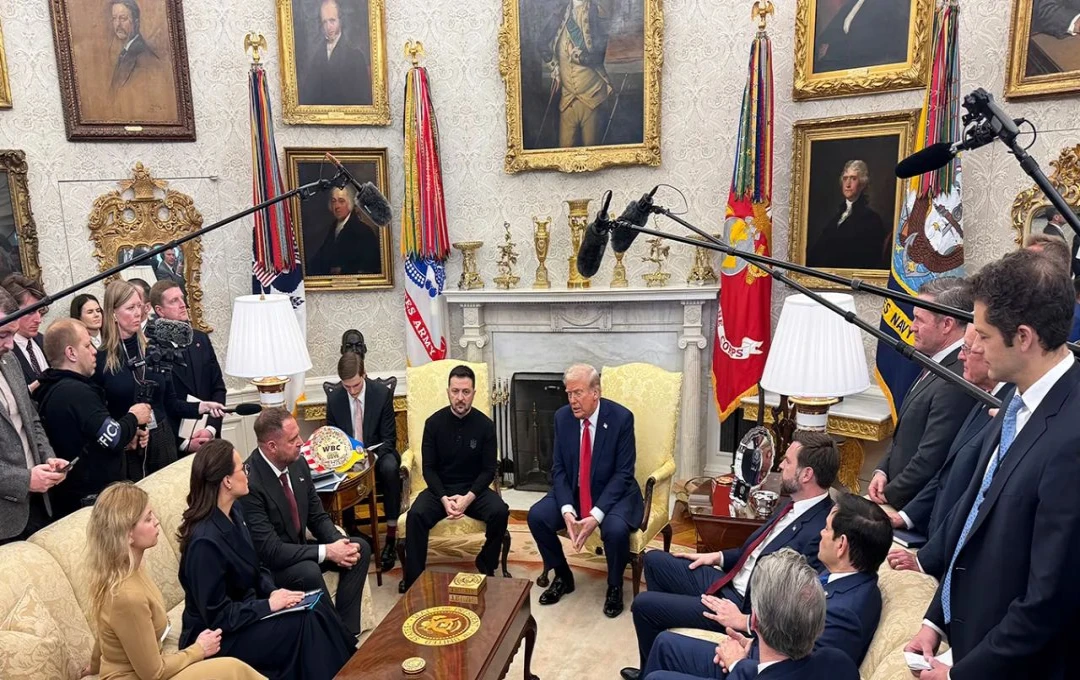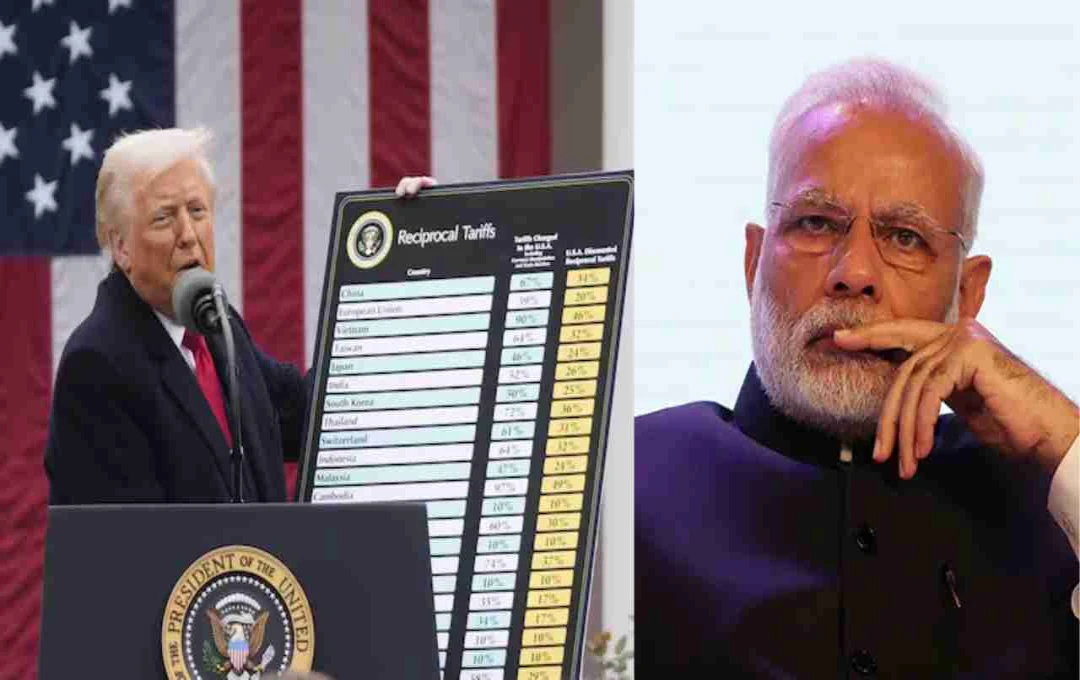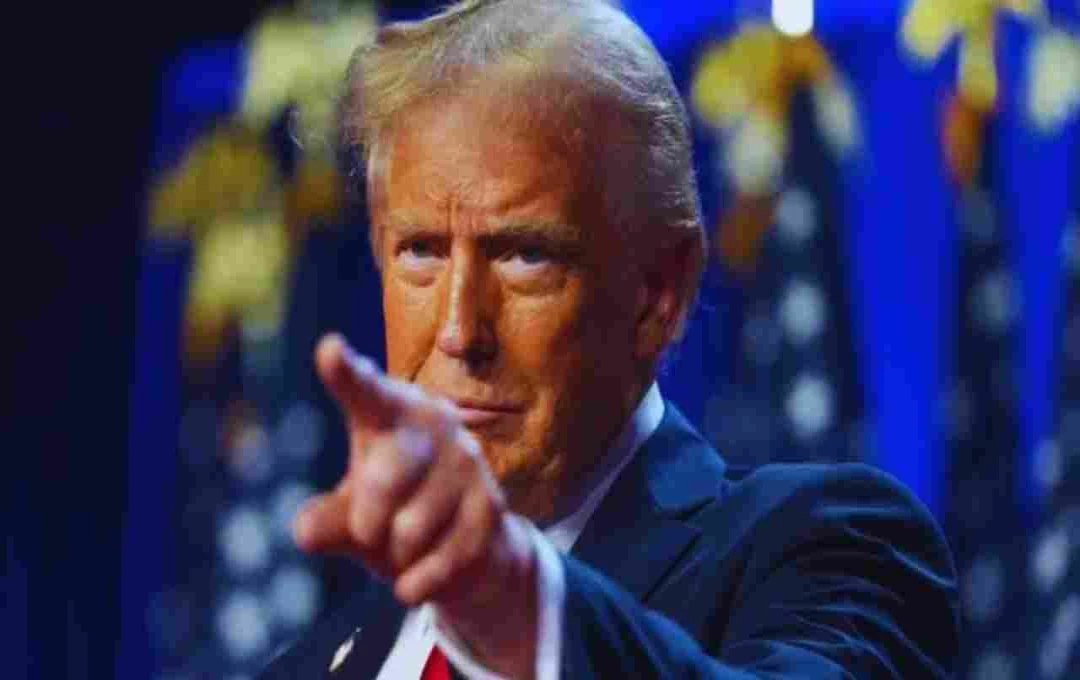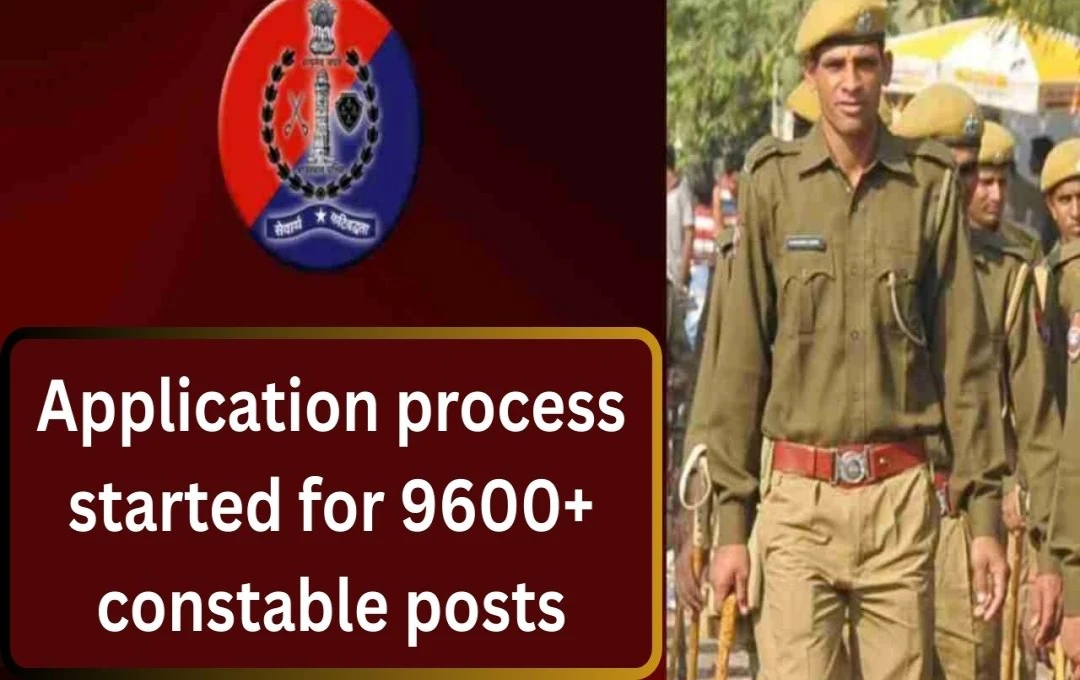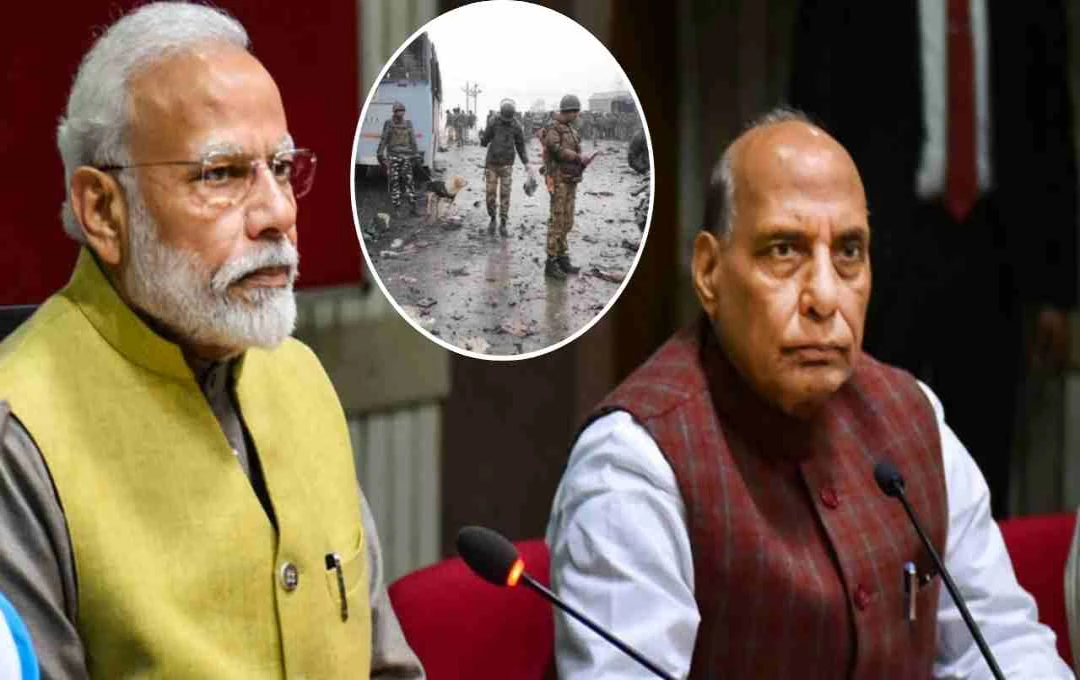Following a militant attack in Pulwama, and in response to Pakistan's anti-India disinformation campaign, the Indian government has banned 16 Pakistani YouTube channels. India has adopted a b stance following the attack, implementing strict surveillance across its borders and cyberspace.
Banned Youtube Channels in India: In a further decisive move against Pakistan, the Indian government has banned 16 major Pakistani YouTube channels. This action is a response to Pakistan's dissemination of inflammatory, false, and misleading propaganda against the Indian Army and security agencies. This step was particularly taken after the recent terrorist attack in the Pulwama region of Jammu and Kashmir, where Pakistan circulated deceptive and provocative content targeting India on social media platforms.
Increased Security Concerns Following the Pulwama Attack
Following the Pulwama attack, Pakistan attempted to misrepresent the Indian Army and security forces by misusing social media platforms. Numerous fake videos and misinformation were spread to create fear and uncertainty among the Indian public. These videos falsely depicted Indian Army actions and leveled accusations against Indian security agencies.
In response to this Pakistani conspiracy, the Indian government took swift and decisive action, banning YouTube channels actively spreading such deceptive and inflammatory content.
Government Bans 16 Pakistani YouTube Channels
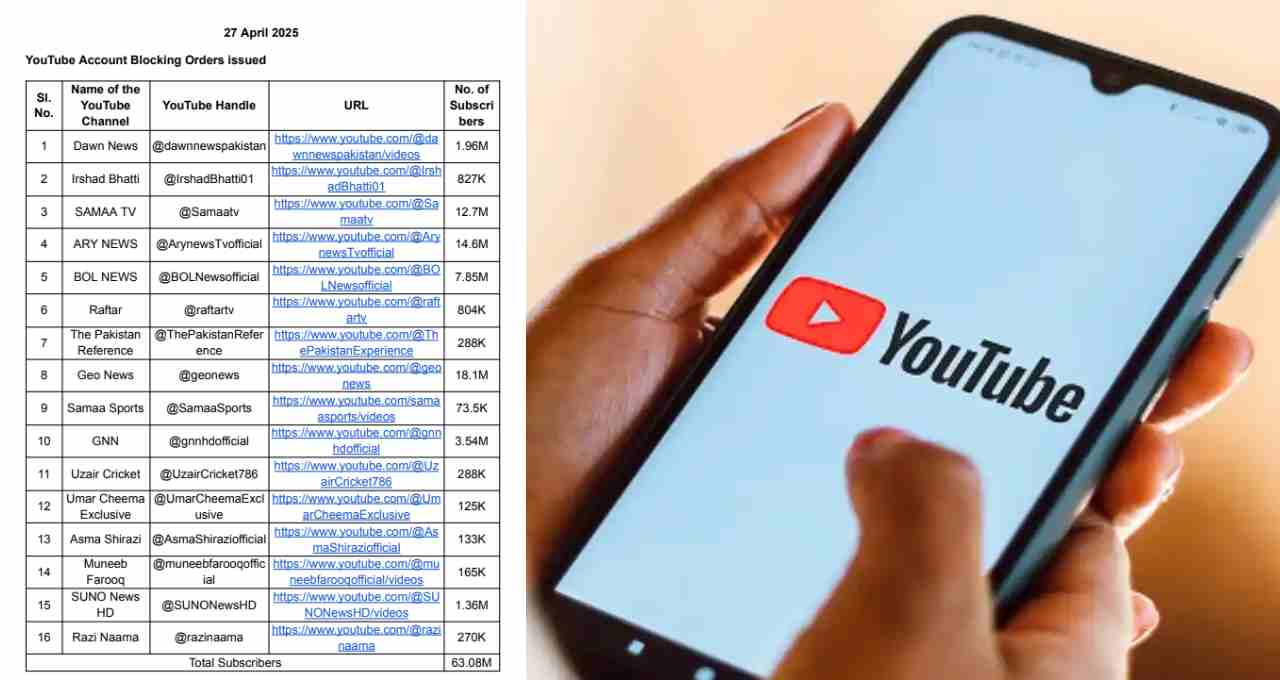
On the recommendation of the Indian Ministry of Home Affairs, the central government banned 16 prominent Pakistani YouTube channels. These include major channels like Dawn News, Samaa TV, and Geo News. These channels are accused of disseminating false information aimed at tarnishing India's image and spreading hatred against it.
Pakistan's media and public relations wing, the 'ISPR,' also utilized these channels to spread propaganda against the Indian Army and government.
India Takes a Strong Stance
Since the Pulwama attack, India has taken several significant decisions against Pakistan. In a meeting of the Cabinet Committee on Security (CCS) chaired by Prime Minister Narendra Modi, India decided to halt the Indus Waters Treaty. Additionally, all visas issued to Pakistani citizens have been revoked.
The Indian government also directed the diplomats present at the Indian embassy in Pakistan to leave the country within 48 hours. These b actions clearly signal India's intolerance for any kind of propaganda from Pakistan.
Strict Surveillance by the Indian Army
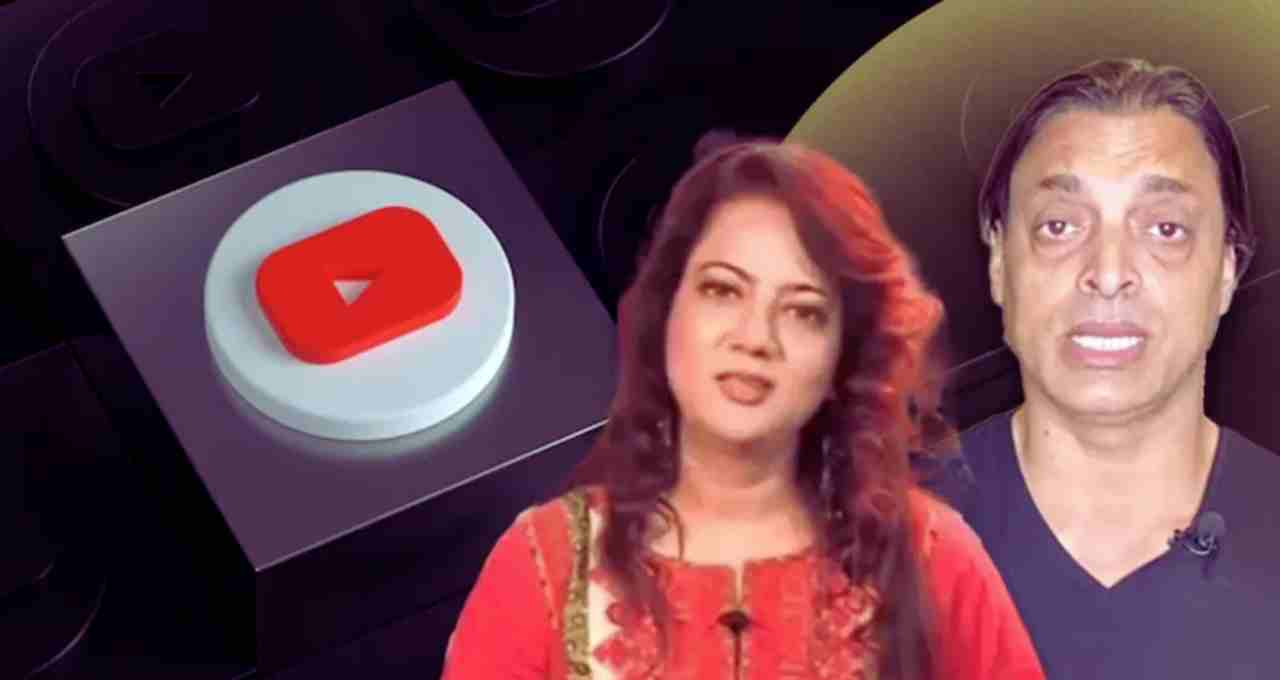
Sources indicate that the Indian Army is closely monitoring fake videos and misinformation spread by Pakistan following the Pulwama attack. The army has begun identifying and removing false and inflammatory videos circulating on social media. The government has instructed all major social media platforms to take immediate action regarding any misinformation or deceptive videos. The aim of these videos was to tarnish the image of the Indian Army and create distrust in national security.
Fake Narratives and the Pakistani ISPR
The primary objective of Pakistan's army's public relations wing, the 'ISPR,' was to misrepresent the activities of the Indian Army. The ISPR operates under Pakistan's intelligence agency, the 'ISI,' and has consistently used social media to spread hatred against Indian security forces. The Indian government and army have taken b action against this fake narrative propagated by Pakistan.
Rising Misinformation on Social Media
After the Pulwama attack, numerous fake videos and images went viral on social media. These videos misrepresented Indian Army operations and spread misleading messages. The rapid spread of these videos on social media was due to their sensational and provocative nature, making them easily viral.
These videos were also being used for 'monetization,' generating financial benefits for channels through increased views. This became a serious concern, as such videos are not only false but also pose a threat to national security.
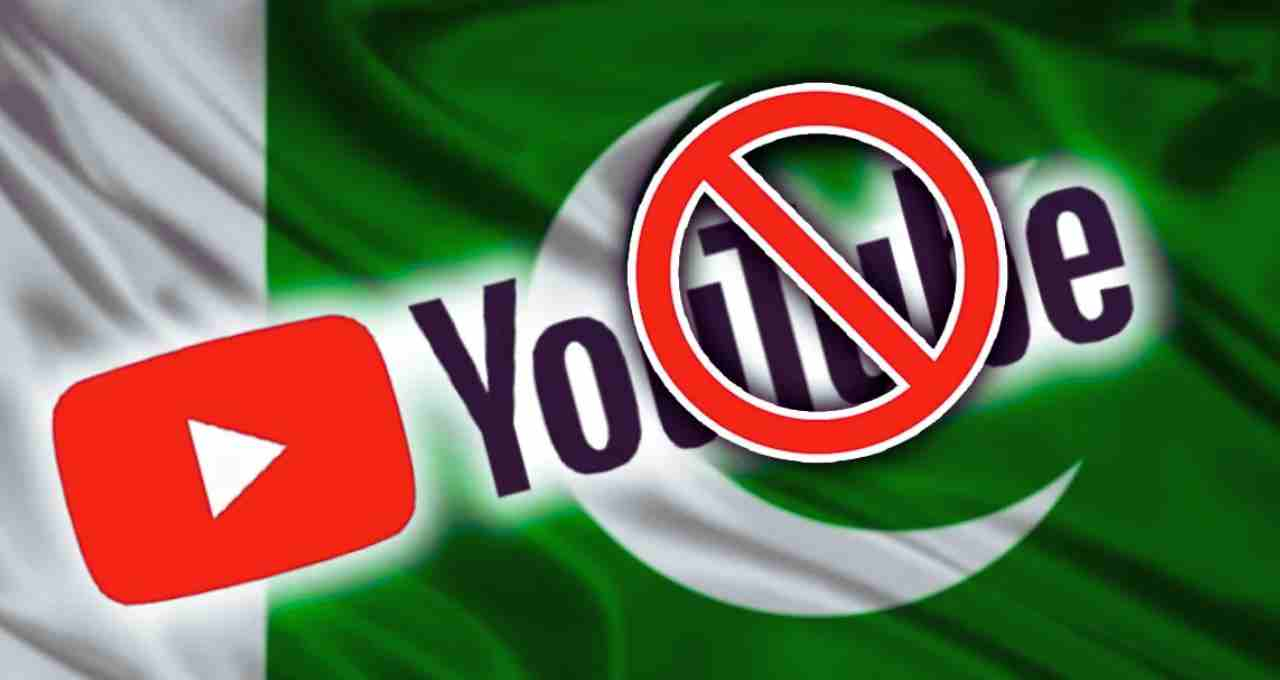
The Role of Social Media Platforms
The Indian government has appealed to social media platforms to take immediate action on any videos and posts containing misinformation. While social media platforms are required to respond within 36 hours, identifying and removing fake videos within this timeframe can be challenging.
Given the increasing attempts to spread misinformation from Pakistan, the government has instructed that any social media handle attempting to spread hatred should be immediately blocked.
